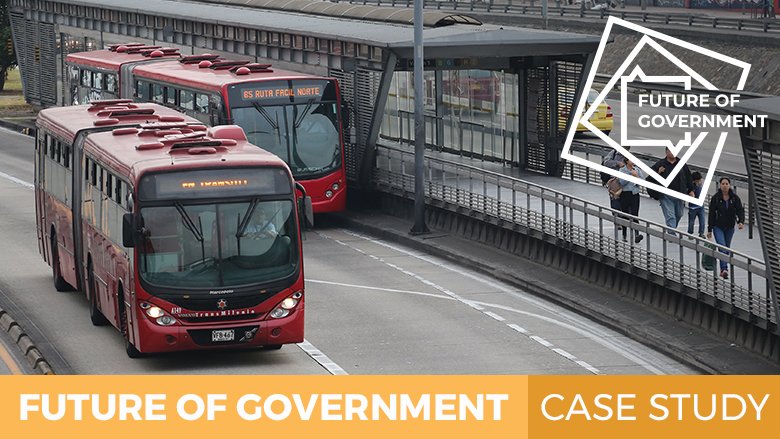Future of Government | Report | Debates | Case studies
In 2020, the Colombian government included gender selection criteria in project bidding documents and contracts to promote the participation of women in civil works while offering equal pay for men and women. The legislation also covers tariffs, provides financial incentives, and offers government strategies that support the development of women led businesses. For example, the legislation states that rural businesses that are majority women-owned have priority in receiving technical and financial support from the state – a key barrier for these businesses.
In line with these new requirements the Colombian government requested the World Bank to include a gender criteria in project contracts to promote the participation of women in civil works which offered equal pay for men and women. The contract requirements were written to include compliance indicators for hiring females and penalties, including fines, if the goals were not met. All contractors met these stipulations.

